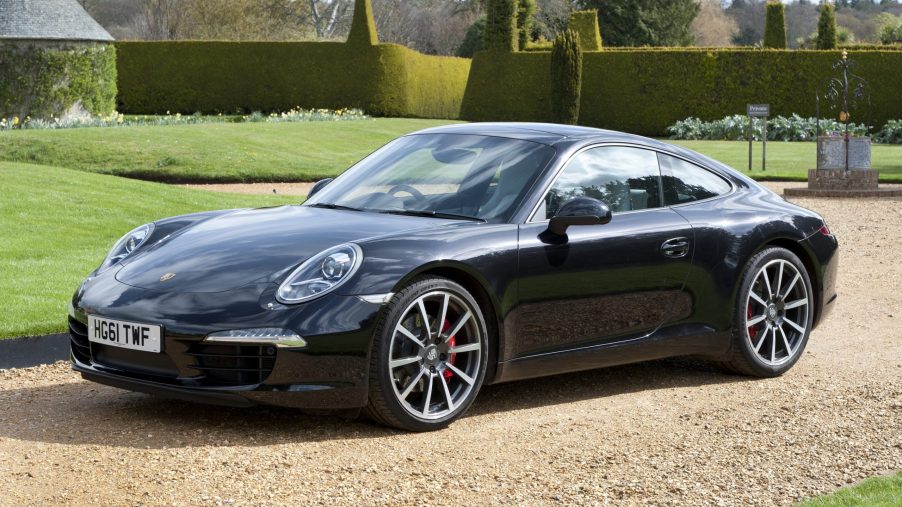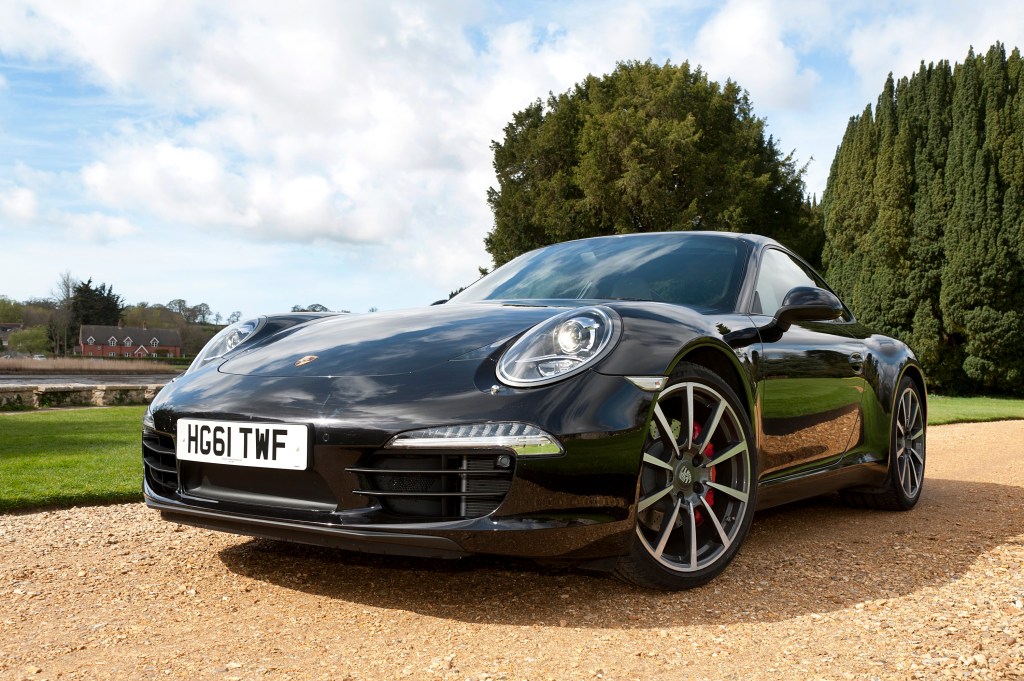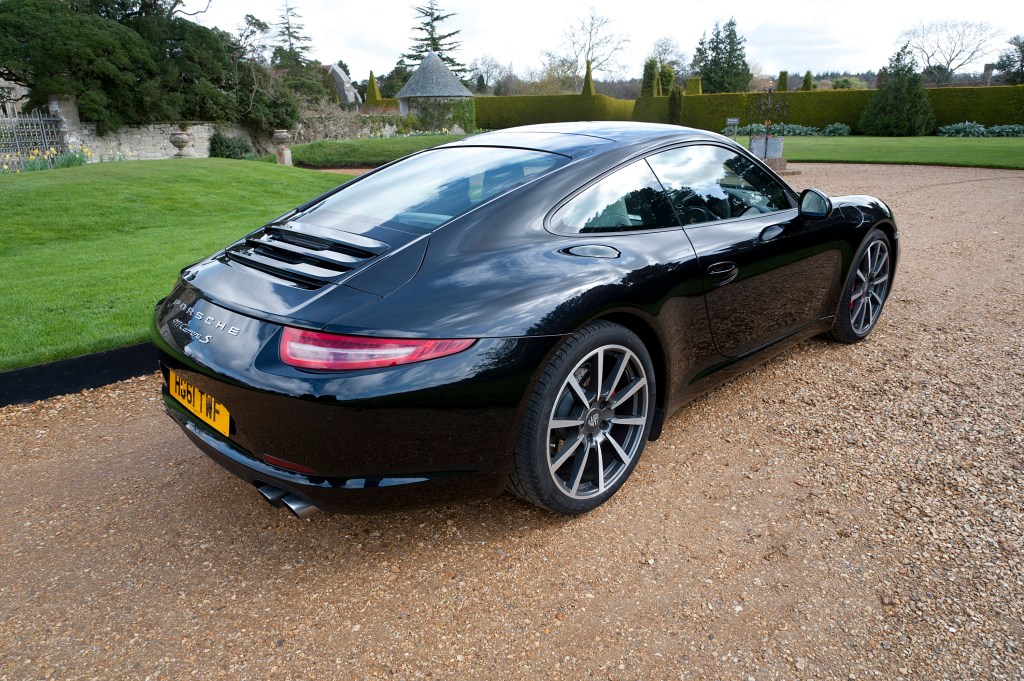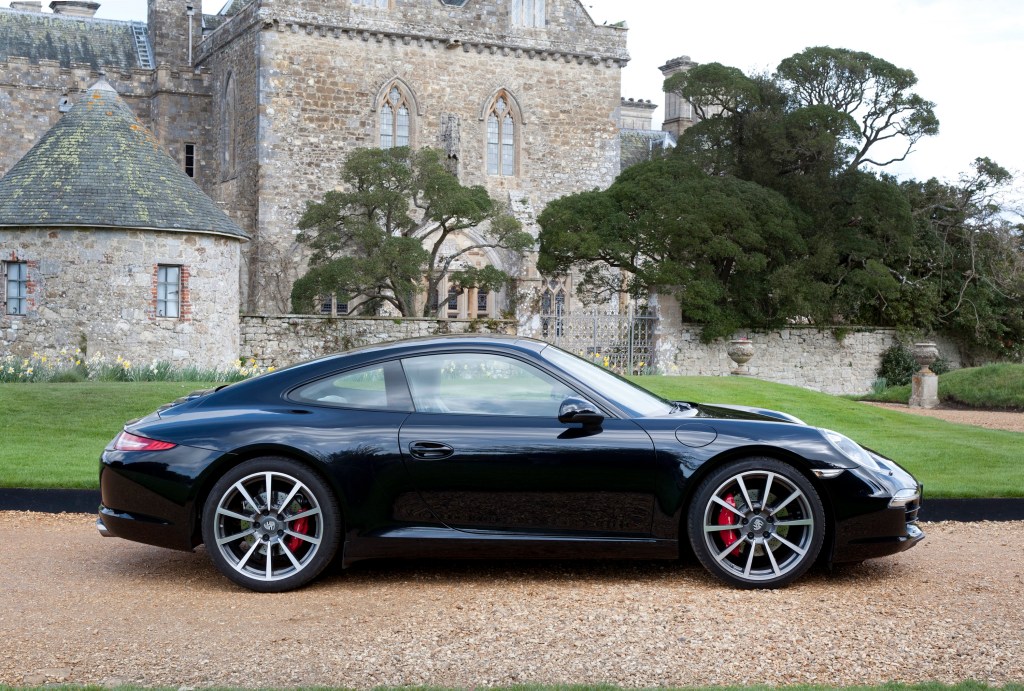
Porsche 911 Ownership Has a Surprising Upside
Porsche ownership can be a beautiful thing. The German brand has built a reputation for making not just fantastic driver’s cars, but excellent luxury SUVs, crossovers, and wagons to boot. Yes, ownership can be expensive, but you get what you pay for. However, sometimes you don’t. Older models are known to depreciate heavily, especially mass-produced ones. Funnily enough, a recent study has shown that Porsche’s 911 model isn’t just beating lap times, it’s beating depreciation too.
How depreciation works

Depreciation is a term that gets tossed around a lot in the marketplace. Generally speaking, it means that a car loses value as it ages. However, things are a little more nuanced than that. A number of factors come into play when discussing depreciation, and all of them can have an effect on how a car’s value shifts over its lifetime.
These factors are first and foremost determined by the type of car and its potential buyers. The greater the pool of potential buyers, the better the odds of a car retaining its value. Take the Toyota 4Runner for example, the SUV is so popular it’s hard to find a newer one whose price is much lower than what it originally sold for. Another such factor is collectability. If a vehicle like a sports car is desirable, it is less likely to lose value because of its inherent sentimental or practical value to a group of people. This is the case for some Porsche models.
Why some Porsche’s don’t depreciate

Let’s talk a little about that collectivity. The 911 is a mass-produced model. You can just walk into a showroom and pick one up (supposing you’ve got the scratch). Despite this, the 911 models like the one in a study by iSeeCars have staved off depreciation in stunning fashion. The average value loss of a vehicle over five years is roughly 49%. That’s quite steep. But, a Porsche 911 manages to stay more than 13% lower than that. In some cases, models even appreciate depending on spec.
So why is this? Largely, it is because the 911 is one of a small handful of vehicles that are truly timeless. The model has a cult following that encompasses a great number of people from all walks of life and all ages. Hence, there is a large pool of people willing to pay good money for what might be their dream car. Additionally, the 911 has a reputation for being one of the more reliable sporty options, helping its case.
Can you keep your car from depreciating?

It’s understandable you might be looking to take advantage of a similar situation with your own vehicle. Frankly, that may be quite difficult. Most models won’t hold their value the way a 911 does. Odds are, if your vehicle does, you already know about this. If not, maybe it’s time to sell that depreciating asset you drive to work every day. Regardless, this market trend is certainly an upside for Porsche 911 owners. It’s also a trend we can expect to see continue as the economy recovers from the Coronavirus pandemic.


